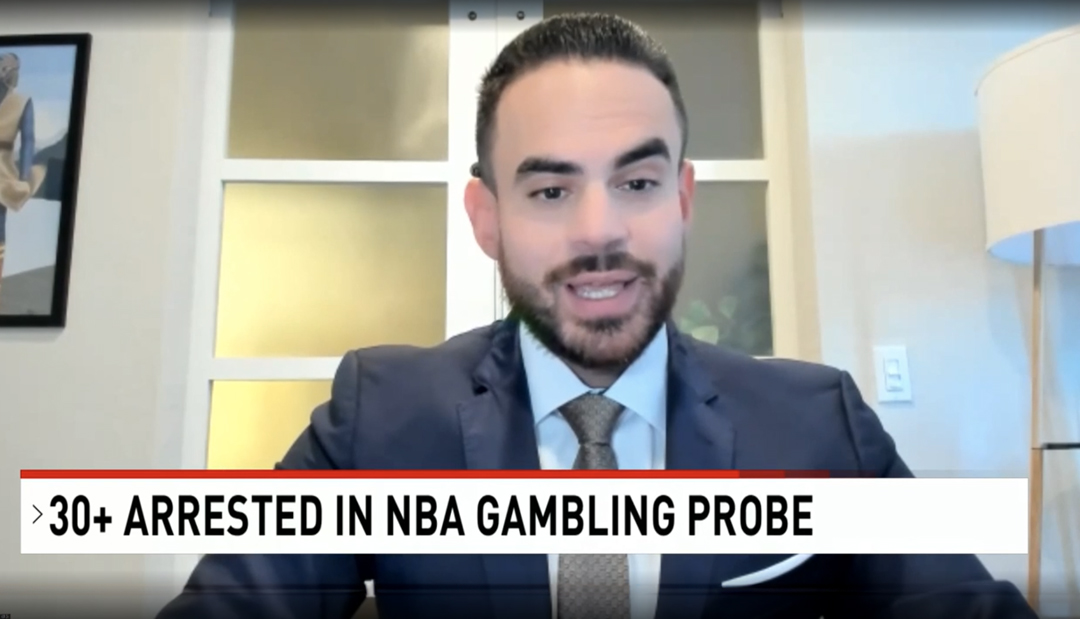Attorney David Tarras provides legal insight for CBS12 News
When the Department of Justice brings federal charges tied to sports betting or gambling, the implications go far beyond the game.
In the recent case involving NBA player Terry Rozier and others accused in a sports betting conspiracy, CBS12 News turned to David Tarras for expert legal analysis on how these cases unfold and what defendants can expect as the investigation continues.
Watch David’s full commentary here.
How Federal Sports Betting Cases Are Built
Sports betting investigations can begin as simple data reviews or irregularities in payment systems but often escalate into federal criminal cases involving:
- Wire Fraud (18 U.S.C. § 1343)
- Conspiracy (18 U.S.C. § 371)
- Money Laundering (18 U.S.C. § 1956)
- Illegal Gambling Operations (18 U.S.C. § 1955)
- Prosecutors may rely on financial tracing, text messages, or betting app data to allege knowledge, intent, or participation. Even individuals without direct involvement in placing bets can face serious exposure if accused of facilitating, organizing, or profiting from an illegal enterprise.
The Federal Approach to Sports Betting Prosecutions
The DOJ and FBI now treat organized sports wagering the same way they approach white-collar fraud.
These cases often include:
- Coordinated investigations between the DOJ, IRS-CI, and Homeland Security Investigations (HSI)
- Aggressive use of cooperators and informants to build the narrative of a broader conspiracy
- Parallel media coverage that can complicate defense strategy and impact reputation
- Potential exposure for athletes, managers, and associates under aiding and abetting theories
As David explained to CBS12, “the question in any federal betting case isn’t only whether the bets were placed, but how prosecutors will prove intent and coordination — the foundation of a federal conspiracy charge.”
Defending Against Sports Betting and Gambling Charges
At Tarras Defense, we represent clients facing federal gambling, wire fraud, and conspiracy charges in South Florida and across the country.
Our approach includes:
- Early engagement with prosecutors to narrow exposure or prevent indictment
- Challenging the scope and legality of surveillance or data tracing
- Protecting reputational interests in cases that attract national media attention
- Preparing for trial with a deep understanding of DOJ tactics and evidentiary strategy

